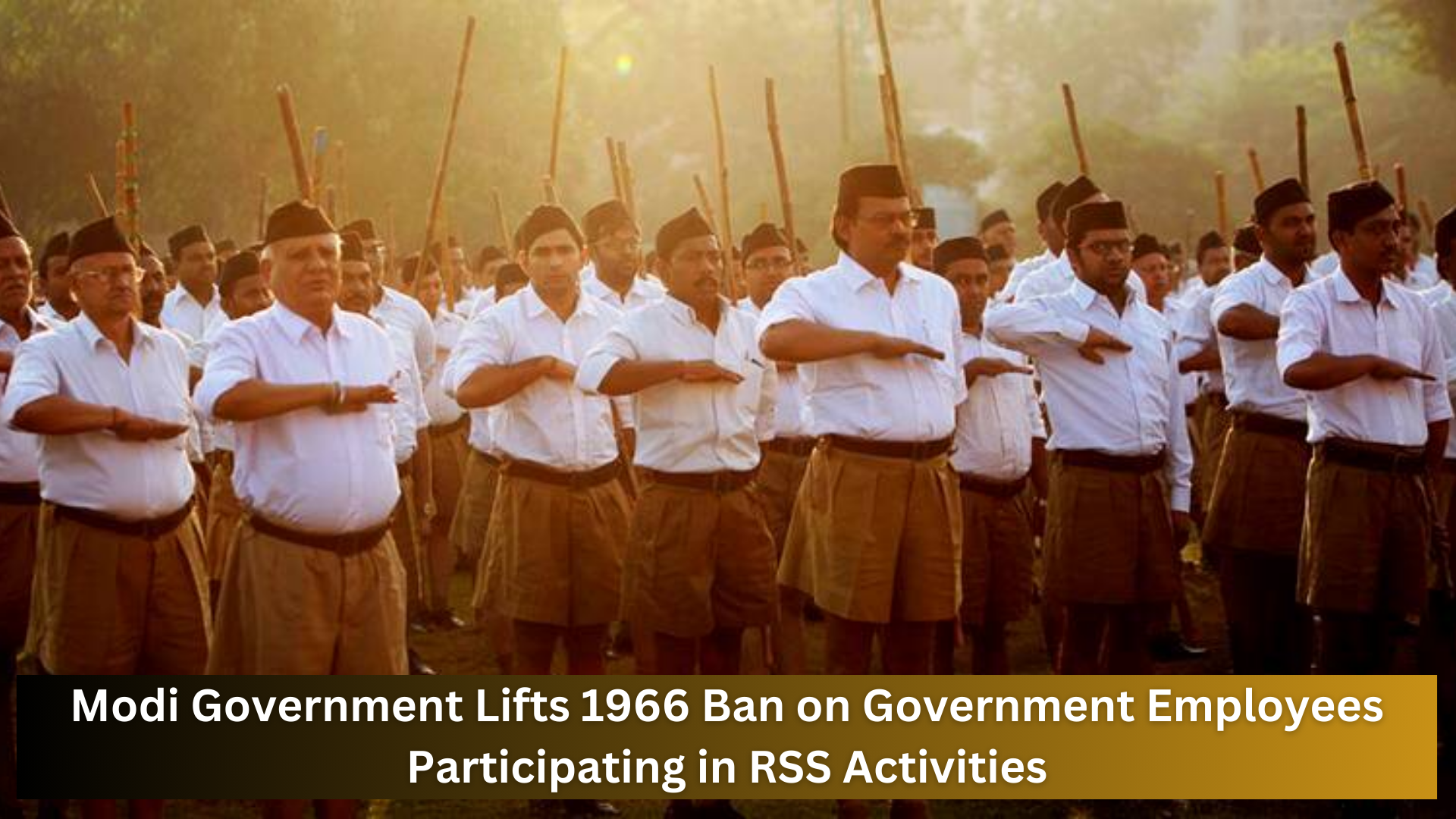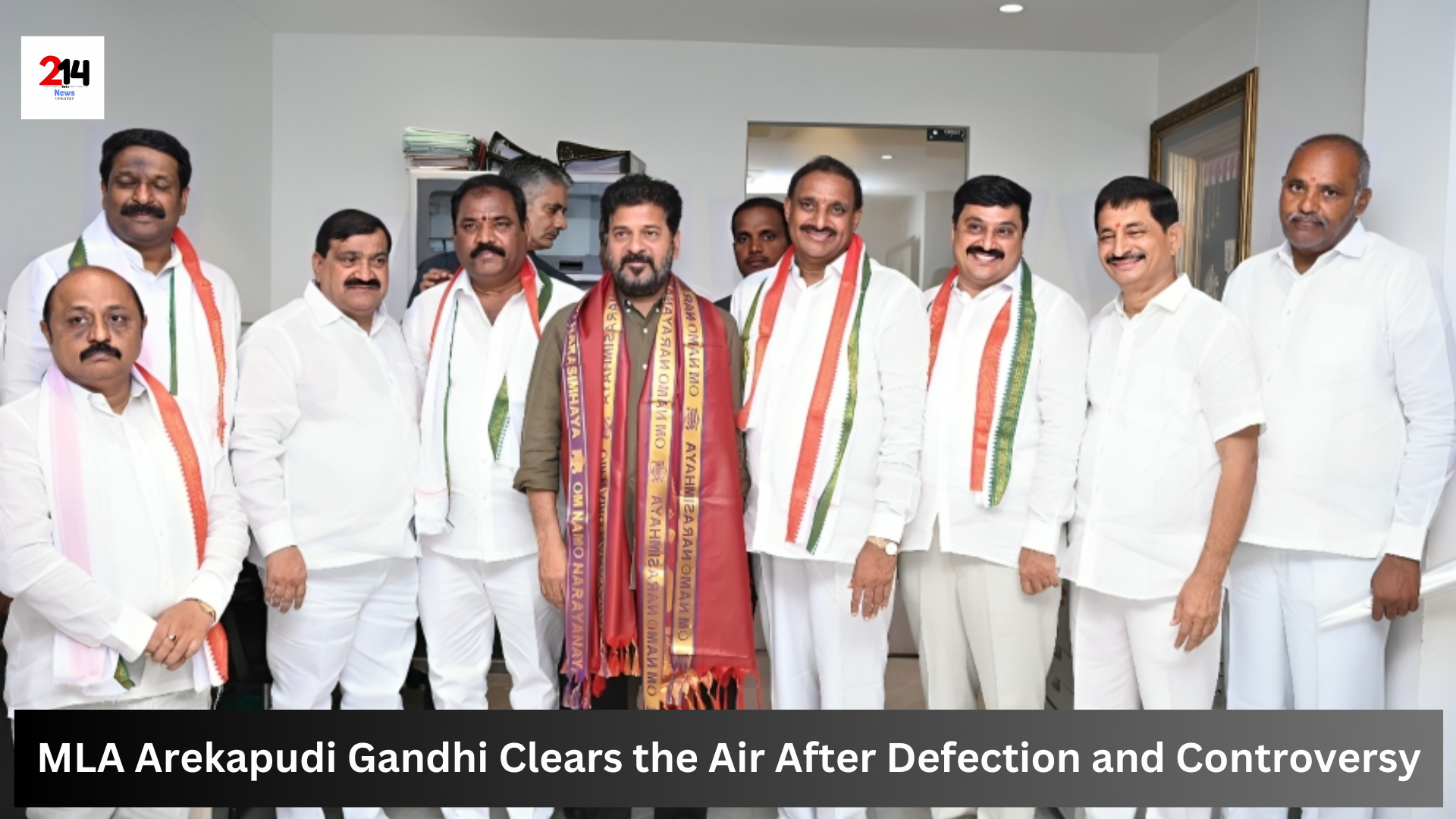
The Modi government has officially lifted the ban imposed in 1966, which prevented government employees from participating in RSS (Rashtriya Swayamsevak Sangh) activities. This decision marks an important shift in policy and has been met with various reactions across the political variety.
Historical Context
The ban was originally instituted following the assassination of Mahatma Gandhi by Nathuram Godse, an RSS member. This event led to widespread concerns about the organization’s influence and activities. In 1966, the ban was reinforced after large-scale protests against cow slaughter, which saw active involvement from RSS and Jansangh members.
Reactions to the Lifted Ban
The RSS has welcomed the government’s decision, viewing it as a step towards enhancing India’s democratic values. Supporters argue that the RSS is a cultural organization dedicated to social and national service, and government employees should not be restricted from participating in such activities.
Legal Context
Over the years, the ban has been challenged in various courts. Notably, the Mysore High Court in 1966 and the Punjab and Haryana High Court in 1967 ruled that government employees could participate in RSS activities, recognizing the RSS as a cultural and non-political organization.
Implications of the Decision
The lifting of the ban is expected to have significant implications for the socio-political landscape of the country. Government employees can now freely associate with the RSS without fear of repercussions, potentially leading to greater involvement of civil servants in the organization’s activities.
This decision reflects the Modi government’s stance on redefining the boundaries of permissible activities for government employees, aligning with its broader political and cultural agenda. The impact of this policy change will unfold over time, influencing both governmental operations and the role of cultural organizations in India.
Transforming Hyderabad: The Comprehensive Rejuvenation of Musi River

